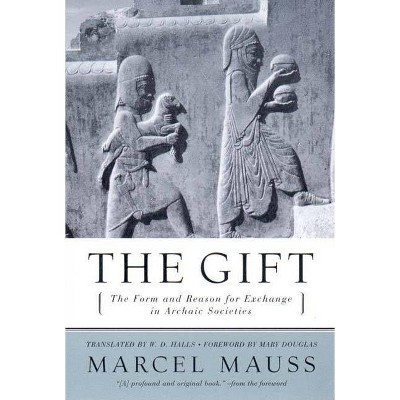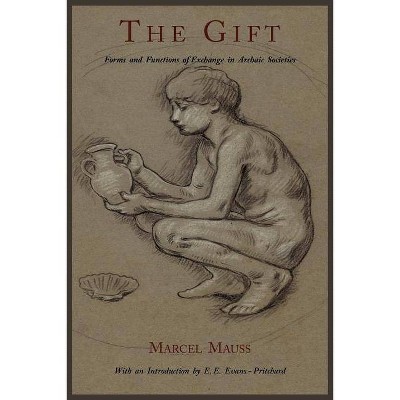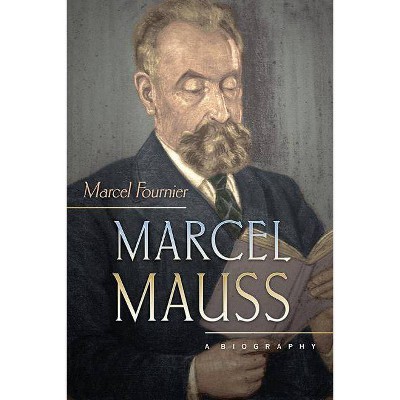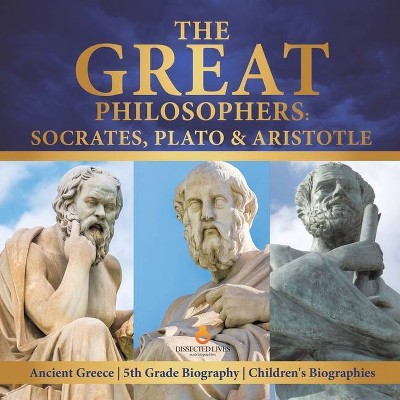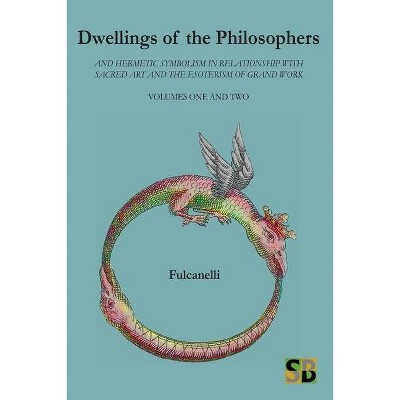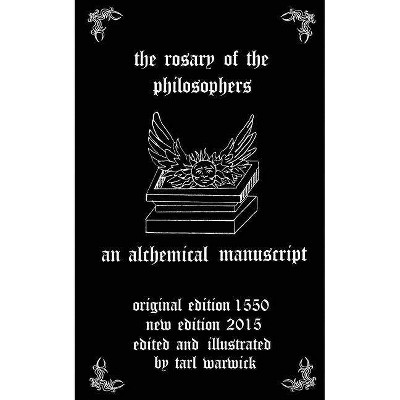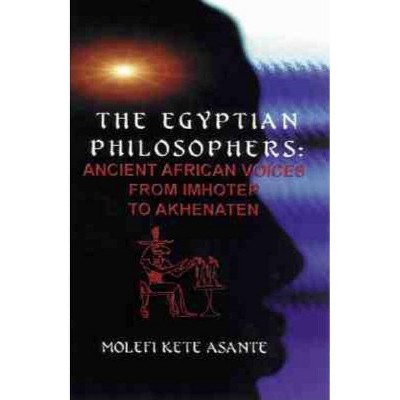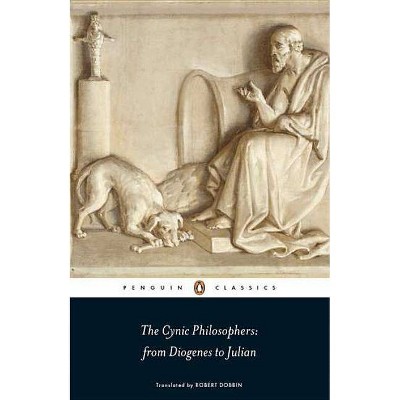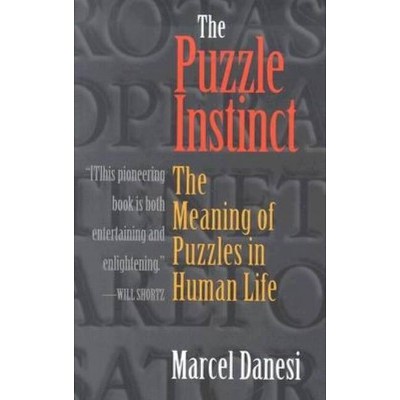The Philosophers' Gift - by Marcel Hénaff (Paperback)
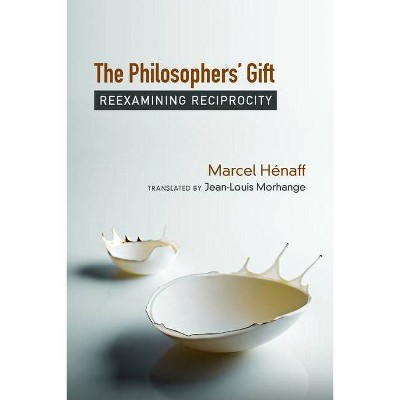
Similar Products
Products of same category from the store
AllProduct info
<p/><br></br><p><b> About the Book </b></p></br></br>For philosophers, the gift fascinates because it demands disinterested generosity. Yet anthropology offers another view. Reciprocity, rather than disinterestedness, Hénaff shows, is central to ceremonial giving, alliance, and the social bond. From actual gift practices, Hénaff develops an original and profound theory of symbolism, the social, and the relationship between self and other.<p/><br></br><p><b> Book Synopsis </b></p></br></br><p><b>Winner, French Voices Award for excellence in publication and translation.</b> <p/>When it comes to giving, philosophers love to be the most generous. For them, every form of reciprocity is tainted by commercial exchange. In recent decades, such thinkers as Derrida, Levinas, Henry, Marion, Ricoeur, Lefort, and Descombes, have made the gift central to their work, haunted by the requirement of disinterestedness. <p/>As an anthropologist as well as a philosopher, Hénaff worries that philosophy has failed to distinguish among various types of giving. <i>The Philosophers' Gift</i> returns to Mauss to reexamine these thinkers through the anthropological tradition. Reciprocity, rather than disinterestedness, he shows, is central to ceremonial giving and alliance, whereby the social bond specific to humans is proclaimed as a political bond. From the social fact of gift practices, Hénaff develops an original and profound theory of symbolism, the social, and the relationship between self and other, whether that other is an individual human being, the collective other of community and institution, or the impersonal other of the world.</p><p/><br></br><p><b> From the Back Cover </b></p></br></br><p>"Marcel Hénaff asks why the gift has become a topic of such intense interest among philosophers of ethics. Might the idea of the gift as a figure of absolute generosity be a lament about the absence of just institutions? Hénaff asks philosophy to relinquish its idealism in favor of what a more empirical anthropology teaches about the functions of giving in creating the social and institutional conditions necessary for being together among strangers. This book is his gift to politics."--Rosalind C. Morris, Columbia University <p/>"A significant contribution to debates on the gift that have played out within continental philosophy."--Ryan Coyne, University of Chicago <p/><b>Winner, French Voices Award for excellence in publication and translation.</b> <p/>When it comes to giving, philosophers love to be the most generous. For them, every form of reciprocity is tainted by commercial exchange. In recent decades, such thinkers as Derrida, Levinas, Henry, Marion, Ricoeur, Lefort, and Descombes, have made the gift central to their work, haunted by the requirement of disinterestedness. <p/>As an anthropologist as well as a philosopher, Hénaff worries that philosophy has failed to distinguish among various types of giving. Reciprocity, rather than disinterestedness, he shows, is central to ceremonial giving and alliance, whereby the social bond specific to humans is proclaimed as a political bond. From the social fact of gift practices, Hénaff develops an original and profound theory of the relationship between self and other, whether that other is an individual human being, the collective other of community and institution, or the impersonal other of the world. <p/>Marcel Hénaff (1942-2018) was Distinguished Research Professor of Literature and Political Science at the University of California, San Diego. His books in English include <i>Sade: The Invention of the Libertine Body</i>, <i>Claude Lévi-Strauss and the Making of Structural Anthropology</i>, and <i>The Price of Truth: Gift, Money, and Philosophy</i>. <p/>Jean-Louis Morhange's prior translations include Pascal Baudry's <i>French and Americans: The Other Shore</i>.</p><p/><br></br><p><b> Review Quotes </b></p></br></br><br>A significant contribution to debates on the gift that have played out within continental philosophy.<b>---Ryan Coyne, University of Chicago, <i></i></b><br><br>Marcel Hénaff asks why the idea of the gift and the demand for generosity has become a topic of such intense interest among philosophers of ethics in recent years. Returning to Marcel Mauss's foundational text, he offers a probing and often critical reading of recent French thinkers, asking: Might the idea of the gift as a figure of absolute generosity be a lament about the absence of just institutions? In the end, Hénaff asks philosophy to relinquish its idealism in favor of what a more empirical anthropology teaches about the functions of giving in creating the social and institutional conditions necessary for being together among strangers. This book is his gift to politics.<b>---Rosalind C. Morris, Columbia University, <i></i></b><br><p/><br></br><p><b> About the Author </b></p></br></br><b>Marcel Hénaff (Author) </b><br> Marcel Hénaff (1942-2018) was Distinguished Research Professor of Literature and Political Science at the University of California, San Diego. His books in English include <i>Sade: The Invention of the Libertine Body</i> (Minnesota, 1999), <i>Claude Lévi-Strauss and the Making of Structural Anthropology</i> (Minnesota, 2001), and <i>The Price of Truth: Gift, Money, and Philosophy</i> (Stanford, 2010). <p/><b>Jean-Louis Morhange (Translator) </b><br> Jean-Louis Morhange is the translator of Pascal Baudry's <i>French and Americans: The Other Shore</i> (Les Frenchies, Inc., 2005) and of Marcel Hénaff's <i>The Price of Truth: Gift, Money, and Philosophy</i> (Stanford, 2010). <p/>
Price History
Price Archive shows prices from various stores, lets you see history and find the cheapest. There is no actual sale on the website. For all support, inquiry and suggestion messages communication@pricearchive.us
